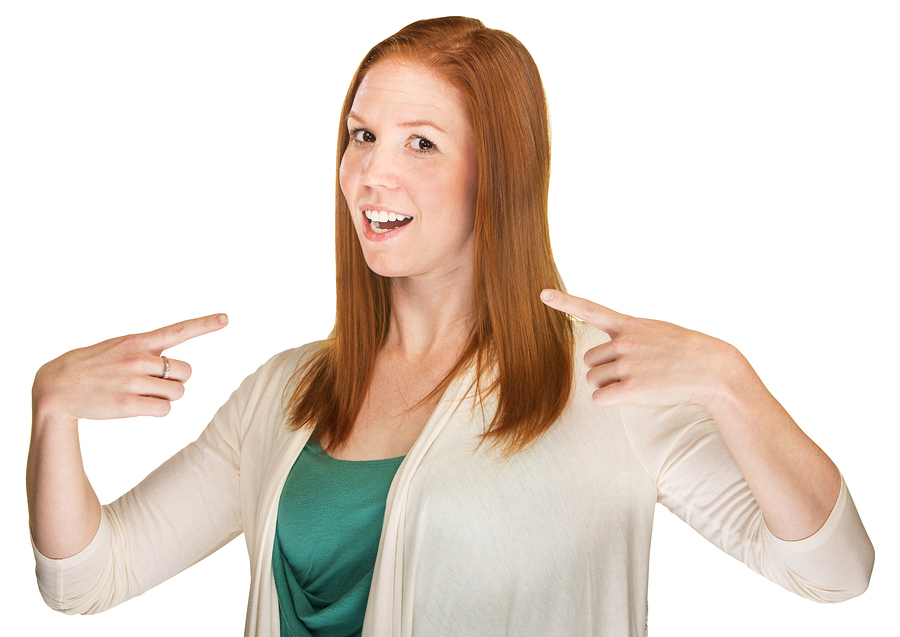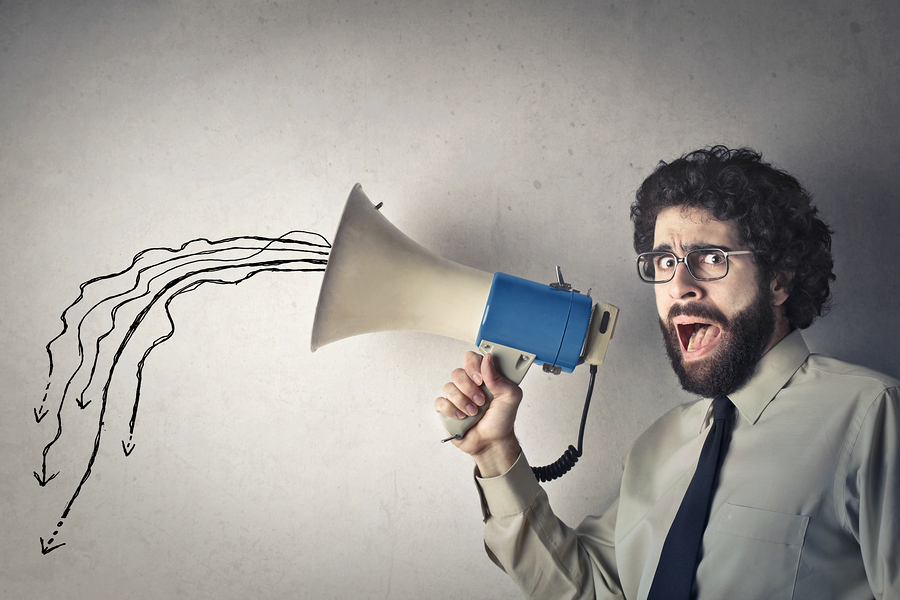When I was a kid, if you really wanted to let people know you in the area, you took a couple garden-variety clothespins (the spring-loaded kind) and two of your lowest-value baseball cards, and attached them to the frame of your bike in contact with the spokes of your wheels. When you set out to ride, they created an unearthly sound.
Until the cards completely fell apart from the abuse, your bicycle was the Harley-Davidson of unpowered two-wheelers. The noise was annoying to everyone, except the rider, for some reason. The bicycle didn’t go any faster, it just seemed like it did. And it certainly drew the attention of everyone around.
Today, social media can become similar to this, making a lot of noise so others pay attention.
But this desire to be noticed can lead to overselling yourself.
Authors can find themselves doing something similar out of great enthusiasm for their work and a desire to be noticed and sell books.
The emphasis on marketing platforms tempts authors to oversell themselves in an attempt to gain more attention. (I define overselling as a series of activities made to make you appear smarter, better, or more qualified and famous than you are in reality.)
And this is partly my fault, along with everyone else in publishing. We demand you spend a lot of time proclaiming, “Look at me” in social media then we are appalled when someone overstates their credentials and status.
Some things to remember:
You are not a bestselling author if the sum total of your publishing is free downloads. (Note the word is bestselling, not bestgiving.)
You are not an internationally known writer if someone in another country reads your book. The description indicates a deeper kind of connection to those in other lands.
You are not an award-winning author if you won an award anyone can get. There are no awards for participation in publishing. There’s an expectation of the term “award-winning” which includes a level of objectivity and importance.
You do not have an impressive author platform if the way you get 50,000 Twitter followers, is to follow 75,000.
You don’t become a “scholar” for self-study. Scholar is a term bestowed by respected institutions of higher learning, not yourself.
You don’t become an expert in something because you wrote a book. You write a book because you are an expert in something. And you can write.
Agents, publishers, and readers easily spot overselling credentials and experience. We would rather someone be transparent and honest than push something they are not, by overstatement.
When authors don’t oversell themselves, an amazing transformation occurs.
Authors become real people, flawed-but-redeemed men and women. Once overselling ceases, the real person comes through and is far more attractive to “follow” or “like” in social media.
Overselling yourself creates a gap (more of a canyon really) between you and your readers, which will be difficult to cross in either direction. If an author wants to maintain an oversold persona they will come across as aloof and isolated. In turn, the readers view them as distant and are not drawn to them.
Overselling yourself is a result of trying too hard to impress. It rarely works to accomplish the intended goal. In fact, most often it is counter-productive to achieving the purpose for overselling in the first place.
Sometimes very famous and successful authors can be quite lovely people to be around. They don’t have to oversell; they can be themselves and readers like it. It’s “the bigger they are the nicer they are” principle. The reason? They let their work and success speak for itself.
Just be real in everything you do, and write a great book people will buy and want to read.
Everyone loves real.



